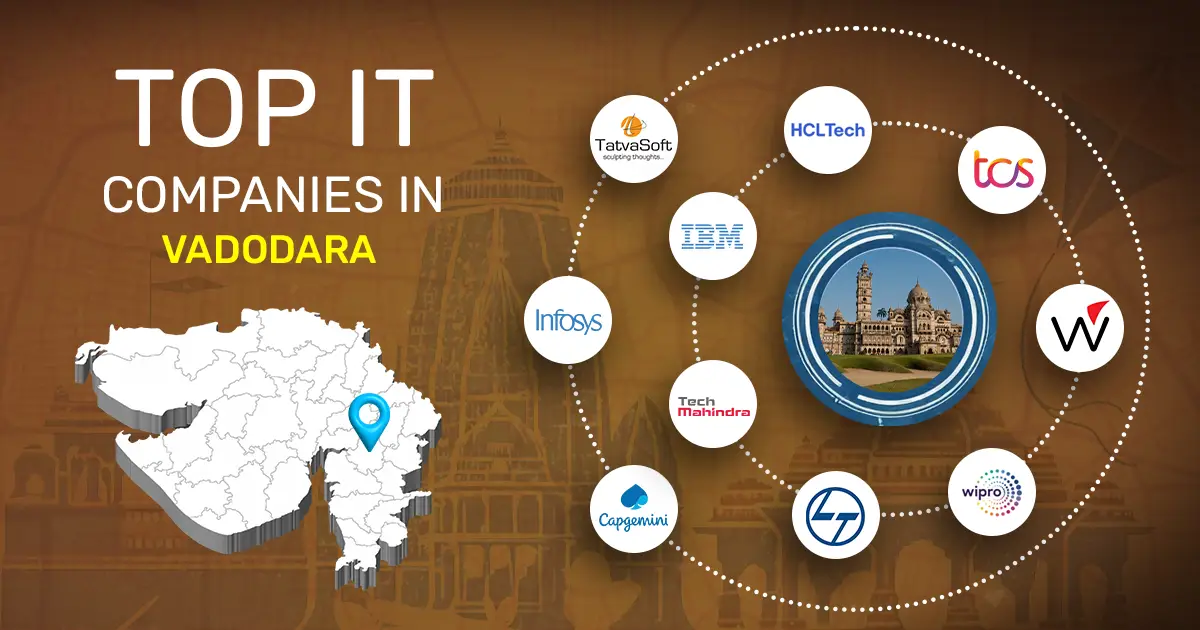
Introduction
Effective Team Management is not just about delegating tasks—it’s about creating an environment where every team member feels valued, motivated, and aligned with the organization’s goals. With the dynamic nature of modern workplaces, leaders must continuously adapt to new challenges, balancing traditional management methods with innovative approaches. In India, where businesses are increasingly competing on a global scale, integrating traditional values with modern management techniques is essential for achieving long-term success.
This dynamic is especially important in a country like India, where workplaces are often diverse and the challenges businesses face are multifaceted. Effective team management goes beyond improving workplace productivity; it enhances employee engagement, strengthens leadership within teams, and drives overall business efficiency. By embracing these principles, companies in India can unlock the full potential of their teams, resulting in improved collaboration, better business outcomes, and higher employee satisfaction.
What is Team Management and Why is it Important?
Team Management involves coordinating a group of individuals to achieve a common objective by aligning their skills, efforts, and goals. It is an essential aspect of Leadership that ensures every team member contributes effectively, leading to enhanced workplace productivity and business efficiency. In the Indian context, where teams often consist of diverse professionals with varied backgrounds, effective team management is vital to harness collective talent and drive organizational success.
Key reasons why team management is important include:
- Enhanced Collaboration: By fostering an environment of trust and open communication, managers can create a collaborative culture that drives innovation.
- Increased Efficiency: Well-managed teams are more organized, resulting in better business efficiency and higher workplace productivity.
- Employee Satisfaction: When teams are managed effectively, employees are more engaged, leading to reduced turnover and a positive work environment.
- Achievement of Goals: Strong team management aligns individual efforts with the organization’s objectives, ensuring timely and successful project completion.
In a country like India, where rapid urbanization and technological change are influencing the corporate world, understanding and applying effective Team Management strategies can significantly enhance performance and competitive advantage.
Key Principles of Effective Team Management
Successful Team Management is grounded in several core principles that help create a positive and productive work environment:
1. Clear Communication
Open, honest, and regular communication is the backbone of successful team management. Leaders should establish transparent channels to discuss goals, feedback, and progress. This not only improves workplace productivity but also helps in nurturing Leadership qualities within the team.
2. Defined Roles and Responsibilities
Every team member must have a clear understanding of their role and responsibilities. This clarity minimizes confusion, prevents overlap, and ensures that everyone contributes to business efficiency. By setting clear expectations, managers can motivate teams to achieve their objectives while fostering accountability.
3. Building Trust and Respect
Trust is a fundamental element in any team. Managers must cultivate a culture where team members feel respected and valued. This sense of mutual respect drives engagement, innovation, and collaboration, ensuring that the team can navigate challenges effectively.
4. Empowerment and Delegation
Empowering team members through delegation not only enhances workplace productivity but also builds confidence and skills. Allowing employees to take ownership of their tasks fosters a sense of pride and encourages Leadership from within the team.
5. Continuous Learning and Development
In the competitive Indian market, continuous improvement is essential. Managers should encourage ongoing professional development, offering training programs and workshops that keep skills current. This commitment to growth leads to a more adaptable team and improved business efficiency over time.
How to Build and Lead a High-Performing Team?
Building and leading a high-performing team involves a blend of strategic planning, motivational leadership, and a deep understanding of team dynamics. Here are some actionable steps:
1. Recruit the Right Talent
The foundation of any successful team lies in hiring the right people. Look for individuals whose skills and values align with the organization’s vision. In India, tapping into diverse talent pools can lead to innovative solutions and a dynamic team structure.
2. Set Clear Goals and Objectives
Start with a clear vision by establishing specific, measurable, achievable, relevant, and time-bound (SMART) goals. When every team member understands the objectives, they can focus on tasks that enhance workplace productivity and contribute to business efficiency.
3. Foster a Collaborative Culture
Encourage collaboration through regular team meetings, brainstorming sessions, and feedback loops. When team members collaborate, they learn from each other and build a stronger, more cohesive unit. This collaborative spirit is a critical aspect of modern Team Management and is especially important in the diverse Indian workplace.
4. Lead by Example
Effective Leadership starts at the top. Leaders who demonstrate integrity, commitment, and resilience inspire their teams to emulate these traits. By leading by example, managers set the standard for work ethic and professionalism, reinforcing the principles of excellent Team Management.
5. Invest in Team Building
Organize regular team-building activities that are fun and engaging. These activities help break down barriers, build trust, and improve interpersonal relationships. In India, where team dynamics are influenced by cultural nuances, team-building exercises can significantly boost morale and enhance workplace productivity.
Strategies for Conflict Resolution and Employee Engagement
Conflicts are inevitable in any team, but the way they are managed can either harm or enhance team performance. Effective conflict resolution strategies are crucial for maintaining harmony and ensuring continuous business efficiency.
1. Address Conflicts Early
Ignoring conflicts can lead to larger issues that affect team morale. Managers should identify and address conflicts early through open communication and mediation. A proactive approach in Team Management minimizes disruptions and keeps the focus on team goals.
2. Promote Open Dialogue
Encourage team members to share their concerns and perspectives openly. This transparent communication not only helps in resolving conflicts quickly but also fosters a culture of trust and respect.
3. Implement Fair Policies
Develop clear, fair policies that outline acceptable behaviors and consequences for conflicts. When employees understand the guidelines, they are more likely to adhere to them, ensuring smooth operations and improved workplace productivity.
4. Recognize and Reward
Employee engagement is closely tied to recognition. Celebrating achievements and recognizing individual contributions can go a long way in boosting morale. In the competitive Indian market, a culture that values recognition can significantly drive business efficiency and motivate teams to perform at their best.
5. Provide Professiobnal Development Opportunities
Investing in training and development shows employees that the organization is committed to their growth. This not only enhances individual skills but also improves overall team performance. Encouraging Leadership at all levels ensures a more resilient and adaptive workforce.
Tools and Technologies for Efficient Team Management
In the digital age, leveraging the right tools and technologies is essential for efficient Team Management. These tools not only streamline communication and collaboration but also enhance workplace productivity and business efficiency. Here are some popular options:
1. Project Management Software
Tools like Asana, Trello, and Monday.com help teams organize tasks, set deadlines, and track progress. Such software is invaluable in the Indian context, where remote work and flexible schedules are increasingly common.
2. Communication Platforms
Effective communication is vital for any team. Platforms like Slack, Microsoft Teams, and Zoom enable seamless communication across different locations, ensuring that all team members remain connected and informed.
3. Performance Management Systems
Software solutions that track employee performance can provide valuable insights into areas of strength and opportunities for improvement. These systems help managers make data-driven decisions, boosting business efficiency and ensuring every team member is aligned with organizational goals.
4. Collaboration Tools
Cloud-based tools like Google Workspace and Microsoft 365 facilitate real-time collaboration on documents, spreadsheets, and presentations. This level of integration not only enhances workplace productivity but also supports effective Team Management in fast-paced business environments.
5. Employee Engagement Platforms
Surveys, feedback tools, and recognition platforms can help monitor employee sentiment and engagement levels. In a diverse market like India, such tools are crucial for understanding the unique needs of the workforce and ensuring that everyone feels valued.
Conclusion
Effective Team Management is essential for driving success in today’s competitive business environment. By focusing on clear communication, defined roles, trust-building, empowerment, and continuous learning, leaders can build high-performing teams that excel in achieving organizational goals. The strategies discussed in this article—ranging from conflict resolution and employee engagement to leveraging modern tools and technologies—offer a comprehensive guide for managers, especially within the Indian context.
Adapting these practices not only boosts workplace productivity but also significantly enhances business efficiency. In a rapidly changing world, strong Leadership that understands and implements effective team management strategies is more crucial than ever. Whether you are a seasoned manager or an emerging leader, the insights provided here serve as a roadmap to create a dynamic, resilient, and high-performing team.
At RegisterKaro, we simplify the complexities about team management or other business and finance related topics. For more information on this topic or more such finance related topics, visit our services page or contact our support team directly.
Frequently Asked Questions
A: Team Management refers to the process of coordinating and leading a group of individuals to achieve common goals. It involves clear communication, role definition, trust-building, and conflict resolution to enhance workplace productivity and business efficiency.




